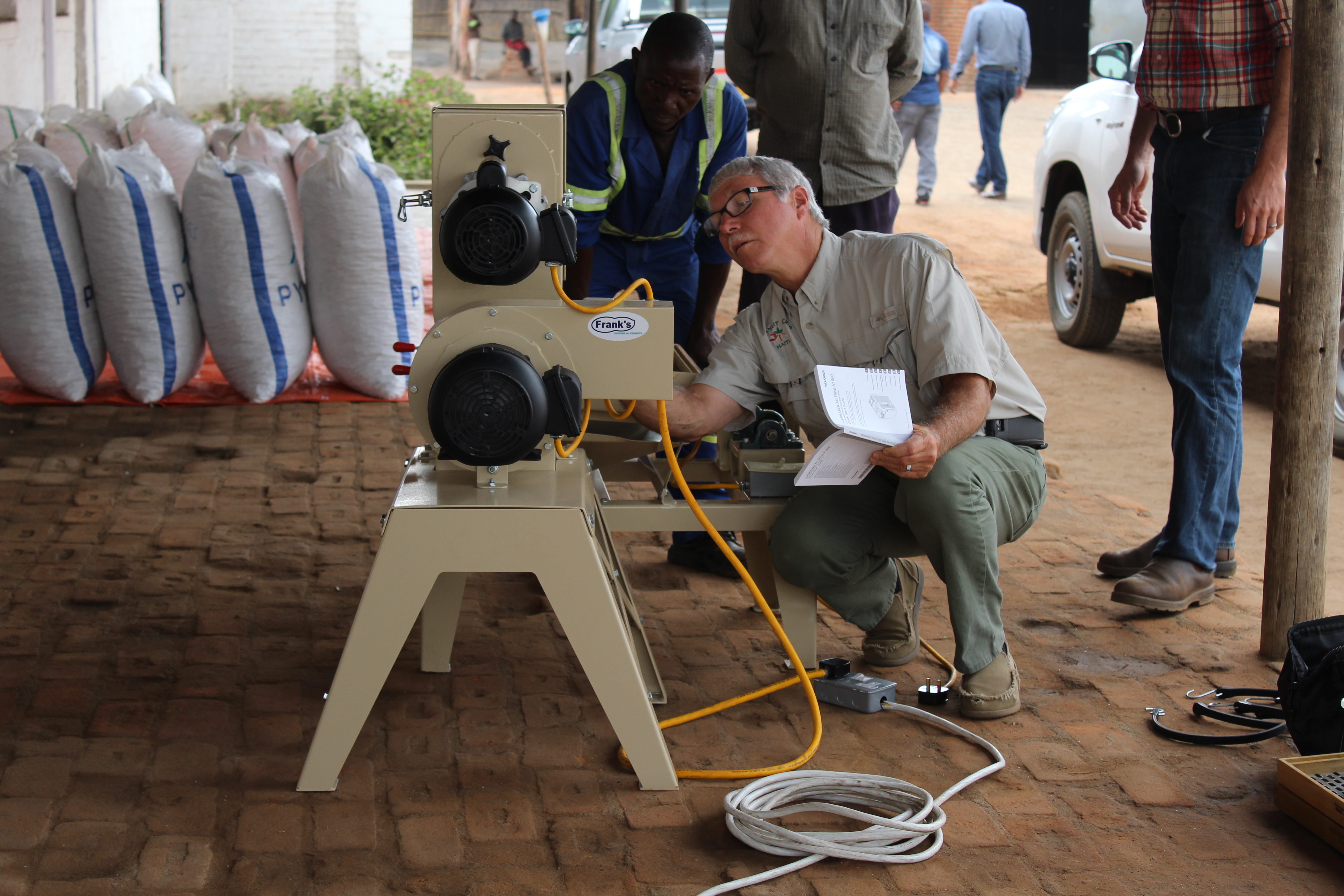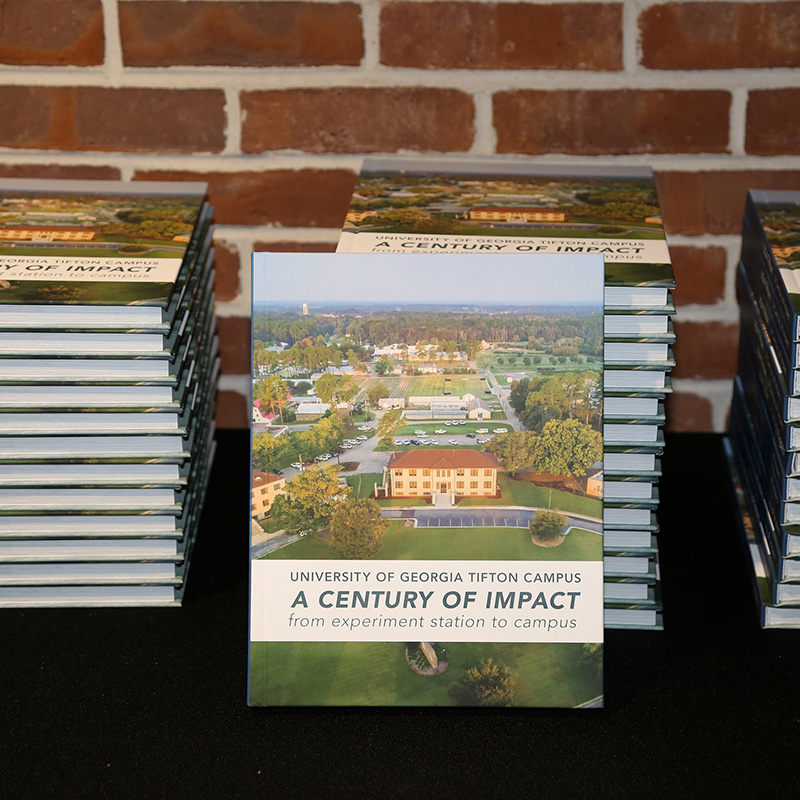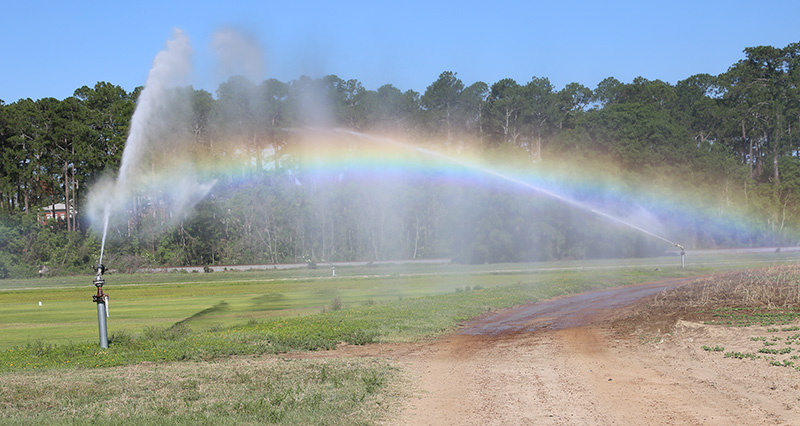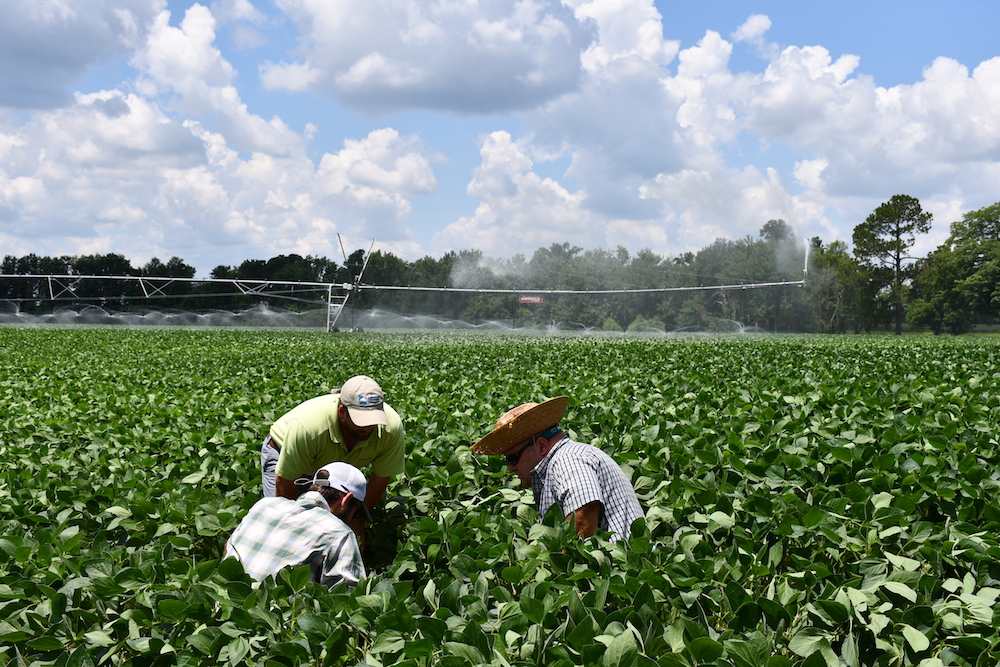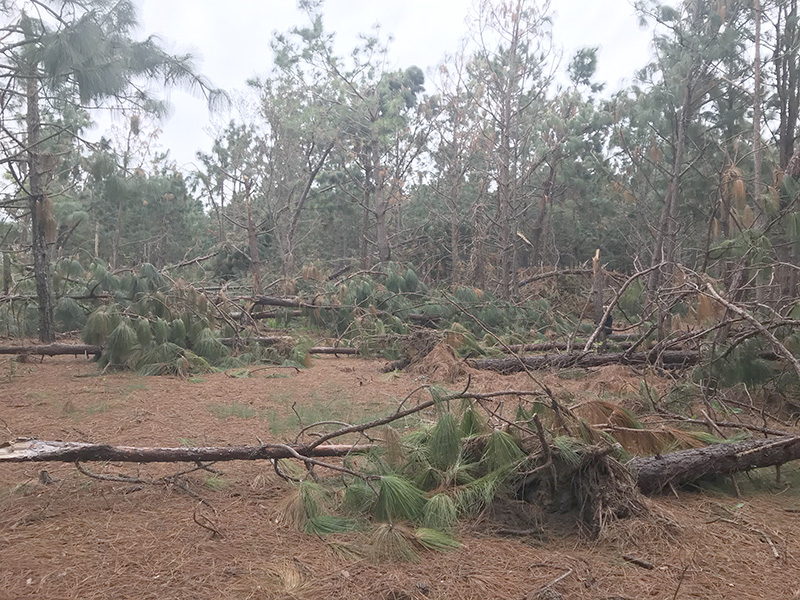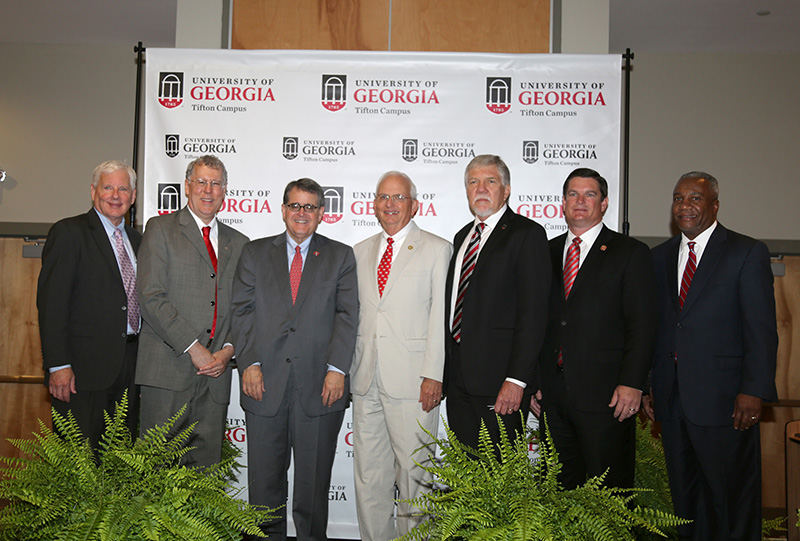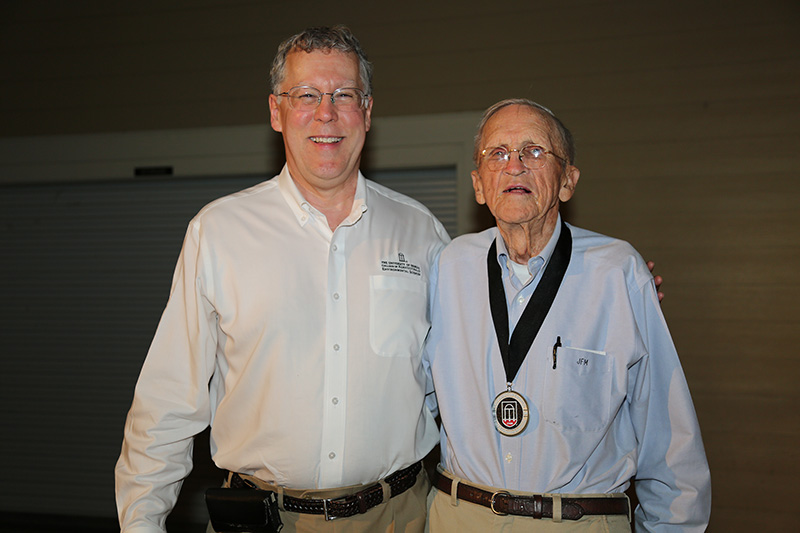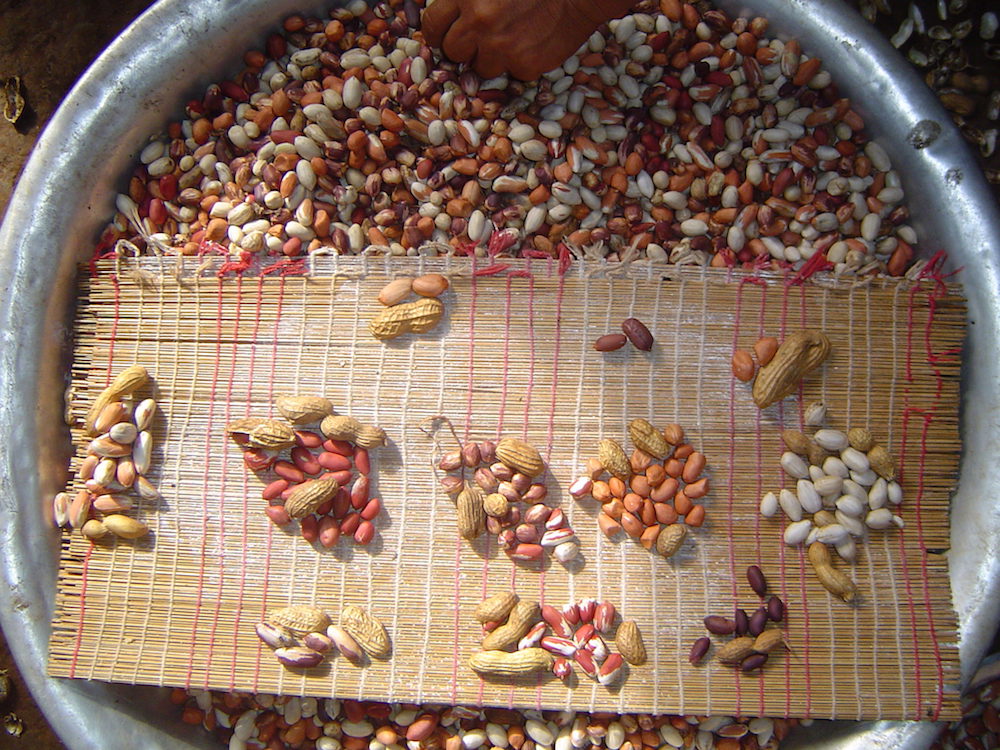Peanut Variety Research
The Peanut Innovation Lab is working not only to find the diversity in modern peanut, but also to introduce new diversity from the wild species. These efforts are aimed at helping to improve future peanut varieties – which already adapts well to different climates – become even more resilient to disease, pests and extreme weather.

